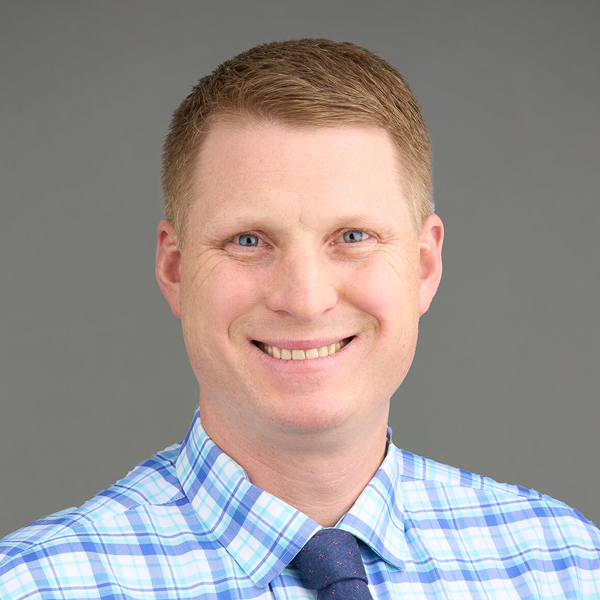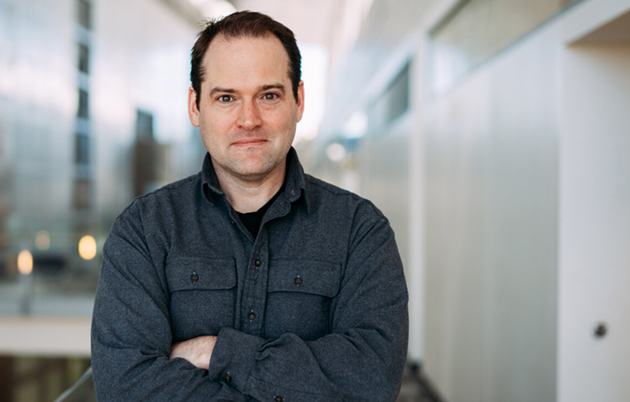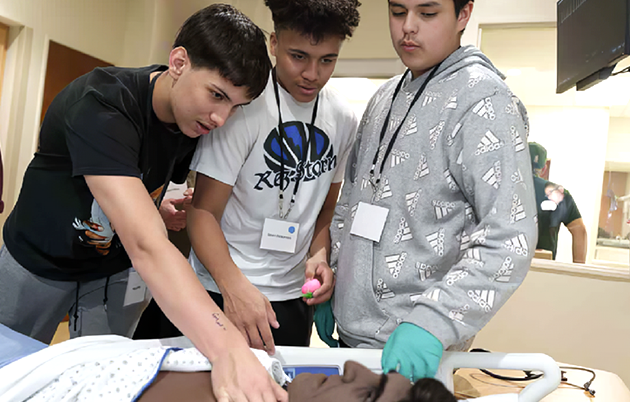Morris and his collaborators have found in mice that using immunotherapy in combination with targeted radionuclide therapy is more powerful than either approach alone. They are further investigating combinations of different immunotherapy agents to combat the many ways that cancer can evade the immune system.
Another research avenue is an “in situ vaccine” that attracts immune cells to a tumor and activates them so that they recognize and kill cancer cells at the tumor site. The technique trains the immune system to retain a memory of the particular cancer in a manner similar to how vaccines against infectious diseases cause the immune system to recognize disease-causing bacteria and viruses.
As lead or co-principal investigator, he has secured more than $25 million in grant funding from the National Institutes of Health for this highly collaborative work.
Morris grew up in Rockford, Ill., and earned his undergraduate degree from Ripon College. As a Rhodes scholar at the University of Oxford, he completed master’s degrees in medical anthropology and the history of science, medicine and technology. He then attended medical school and completed a PhD in biological and biomedical sciences at Harvard Medical School. He came to UW for his residency in radiation oncology in 2012.
Among other honors and awards, Morris was named 2021 Innovator of the Year by the Wisconsin Alumni Research Foundation and earned a 2020 Society for Immunotherapy in Cancer Team Science Award and 2017 NIH Director’s Early Independence Award. He directs his department’s Bentson Translational Research Fellowship, a program devoted to training the next generation of radiation oncology translational researchers.
“Our Department of Human Oncology is well positioned to advance upon internationally recognized strengths in innovation and research, training and professional leadership, and provision of exemplary patient care,” Morris said. “I look forward to expanding our impact through global outreach, collaboration, partnership and leadership in academic and professional domains.”


